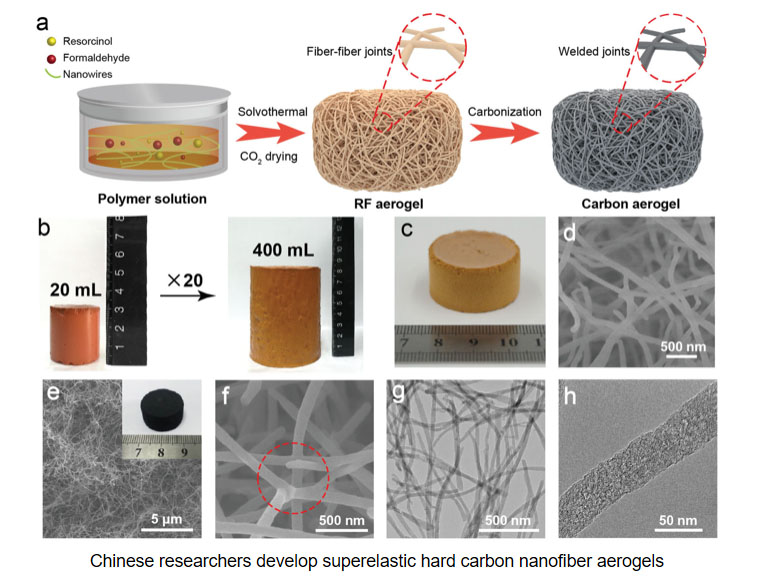
-
 Afrikaans
Afrikaans -
 Albanian
Albanian -
 Amharic
Amharic -
 Arabic
Arabic -
 Armenian
Armenian -
 Azerbaijani
Azerbaijani -
 Basque
Basque -
 Belarusian
Belarusian -
 Bengali
Bengali -
 Bosnian
Bosnian -
 Bulgarian
Bulgarian -
 Catalan
Catalan -
 Cebuano
Cebuano -
 China
China -
 China (Taiwan)
China (Taiwan) -
 Corsican
Corsican -
 Croatian
Croatian -
 Czech
Czech -
 Danish
Danish -
 Dutch
Dutch -
 English
English -
 Esperanto
Esperanto -
 Estonian
Estonian -
 Finnish
Finnish -
 French
French -
 Frisian
Frisian -
 Galician
Galician -
 Georgian
Georgian -
 German
German -
 Greek
Greek -
 Gujarati
Gujarati -
 Haitian Creole
Haitian Creole -
 hausa
hausa -
 hawaiian
hawaiian -
 Hebrew
Hebrew -
 Hindi
Hindi -
 Miao
Miao -
 Hungarian
Hungarian -
 Icelandic
Icelandic -
 igbo
igbo -
 Indonesian
Indonesian -
 irish
irish -
 Italian
Italian -
 Japanese
Japanese -
 Javanese
Javanese -
 Kannada
Kannada -
 kazakh
kazakh -
 Khmer
Khmer -
 Rwandese
Rwandese -
 Korean
Korean -
 Kurdish
Kurdish -
 Kyrgyz
Kyrgyz -
 Lao
Lao -
 Latin
Latin -
 Latvian
Latvian -
 Lithuanian
Lithuanian -
 Luxembourgish
Luxembourgish -
 Macedonian
Macedonian -
 Malgashi
Malgashi -
 Malay
Malay -
 Malayalam
Malayalam -
 Maltese
Maltese -
 Maori
Maori -
 Marathi
Marathi -
 Mongolian
Mongolian -
 Myanmar
Myanmar -
 Nepali
Nepali -
 Norwegian
Norwegian -
 Norwegian
Norwegian -
 Occitan
Occitan -
 Pashto
Pashto -
 Persian
Persian -
 Polish
Polish -
 Portuguese
Portuguese -
 Punjabi
Punjabi -
 Romanian
Romanian -
 Russian
Russian -
 Samoan
Samoan -
 Scottish Gaelic
Scottish Gaelic -
 Serbian
Serbian -
 Sesotho
Sesotho -
 Shona
Shona -
 Sindhi
Sindhi -
 Sinhala
Sinhala -
 Slovak
Slovak -
 Slovenian
Slovenian -
 Somali
Somali -
 Spanish
Spanish -
 Sundanese
Sundanese -
 Swahili
Swahili -
 Swedish
Swedish -
 Tagalog
Tagalog -
 Tajik
Tajik -
 Tamil
Tamil -
 Tatar
Tatar -
 Telugu
Telugu -
 Thai
Thai -
 Turkish
Turkish -
 Turkmen
Turkmen -
 Ukrainian
Ukrainian -
 Urdu
Urdu -
 Uighur
Uighur -
 Uzbek
Uzbek -
 Vietnamese
Vietnamese -
 Welsh
Welsh -
 Bantu
Bantu -
 Yiddish
Yiddish -
 Yoruba
Yoruba -
 Zulu
Zulu
Tailored Solutions for Fiberglass Reinforced Plastic Customized Products Designed to Meet Your Specific Needs
Customized FRP Products Innovation and Flexibility for Diverse Applications
Fibre Reinforced Plastic (FRP) has become a pivotal material in a myriad of industries due to its lightweight, durable, and corrosion-resistant properties. Customization in FRP products has opened up new avenues for innovation, enhancing functionality and aesthetics to meet specific requirements across various sectors. This article explores the significance of customized FRP products, their applications, and the advantages they bring to the table.
Customization in FRP products entails tailoring the design, size, shape, and material properties to fulfill the unique needs of clients and projects. This flexibility is essential in industries such as construction, automotive, aerospace, marine, and consumer goods, where standardized products may not suffice. By leveraging advanced manufacturing techniques, including computer-aided design (CAD) and automated production processes, manufacturers can create bespoke FRP solutions that cater to individual specifications.
Customized FRP Products Innovation and Flexibility for Diverse Applications
In the automotive sector, customized FRP components are pivotal in the design of vehicles that prioritize fuel efficiency and performance. The lightweight nature of FRP allows for the production of intricate parts like body panels, bumpers, and interiors that reduce the vehicle's overall weight. Additionally, customization enables manufacturers to create components that meet specific aerodynamic and safety standards, enhancing the car's performance and driver experience.
frp customized product

The aerospace industry benefits immensely from customized FRP products as well. With stringent weight requirements and the need for high-strength materials, FRP offers an ideal solution for creating specialized components like fuselage panels and wing structures. By customizing these components, manufacturers can optimize the design for performance while adhering to safety regulations, resulting in aircraft that are both efficient and reliable.
Marine applications also showcase the advantages of customized FRP products. Boats and ships constructed with FRP are lighter and more resistant to the harsh marine environment. Customization allows for the design of unique hull shapes, storage solutions, and deck layouts that are tailored to specific functions, whether for recreational boating or commercial shipping. This adaptability is crucial for enhancing performance and extending the lifespan of marine vessels.
In addition to these applications, customized FRP products are making waves in the consumer goods market. From tailored sports equipment to aesthetically pleasing home fixtures, customization enables manufacturers to address consumer preferences and trends. By offering bespoke designs, companies can create niche products that stand out in a competitive marketplace, ultimately enhancing customer satisfaction.
The benefits of customized FRP products extend beyond functionality and aesthetics. They also promote sustainability by minimizing waste during production and maximizing the lifecycle of the final product. Using recyclable materials and producing components that require less maintenance contributes to a more sustainable business model.
In conclusion, customized FRP products represent a significant innovation in material science, allowing industries to meet specific requirements efficiently. Their applications across construction, automotive, aerospace, marine, and consumer goods underscore their versatility and reliability. As technology continues to advance, the potential for further customization will undoubtedly lead to even more innovative and sustainable solutions, solidifying FRP's role as a critical material in the future.
Latest news
-
Oblate Tanks: Space-Saving, Durable Liquid Storage SolutionsNewsAug.27,2025
-
High-Performance Piping System Solutions for Industry & Commercial UseNewsAug.26,2025
-
Precision Fittings: Durable & Reliable Industrial & Plumbing SolutionsNewsAug.25,2025
-
Practical Steps: Unlock Success with Our Proven GuidesNewsAug.24,2025
-
Transport Tanks: Safe, Durable & Efficient Liquid HaulingNewsAug.23,2025
-
High-Quality Piping Systems for Efficient Flow & DurabilityNewsAug.22,2025









